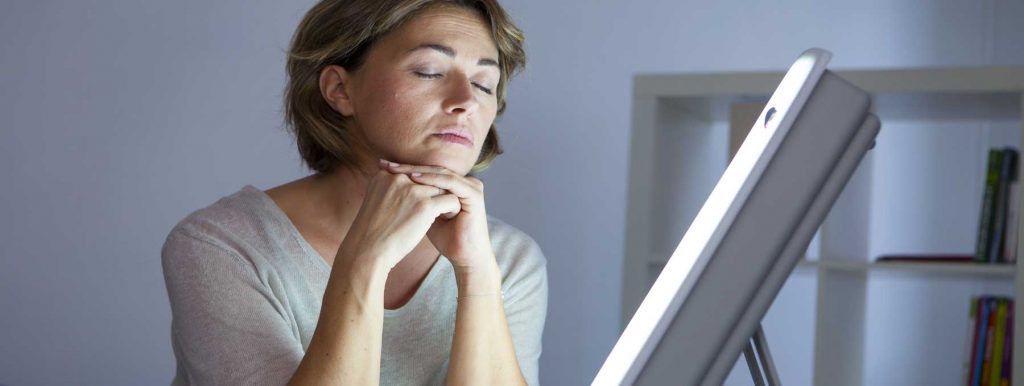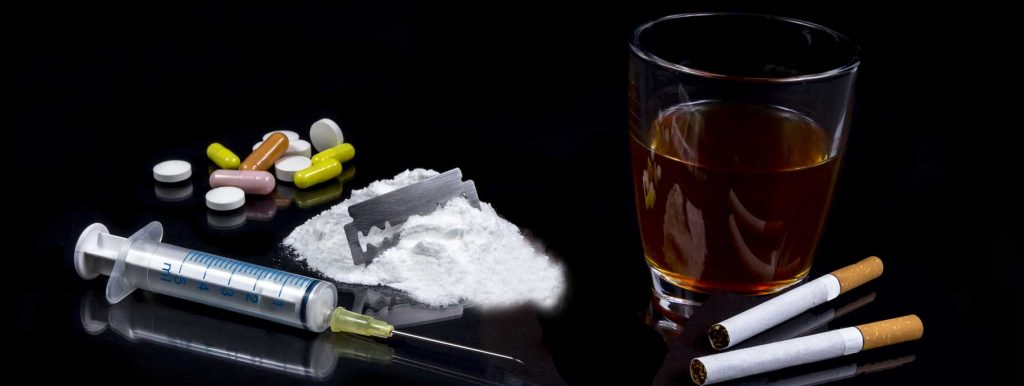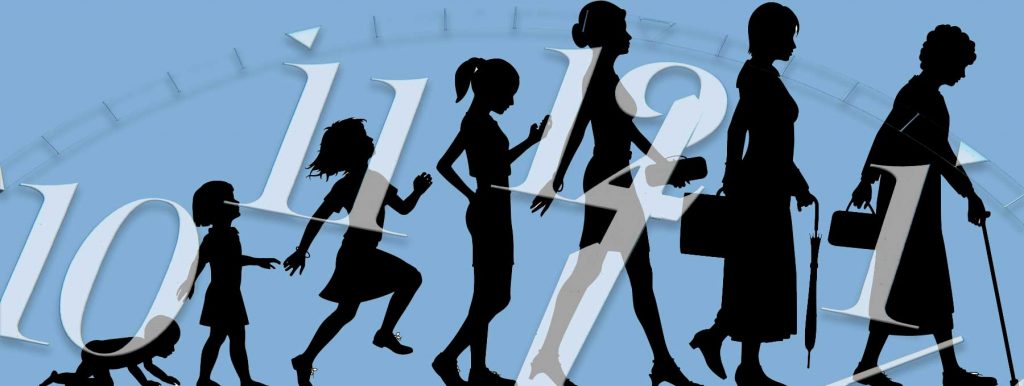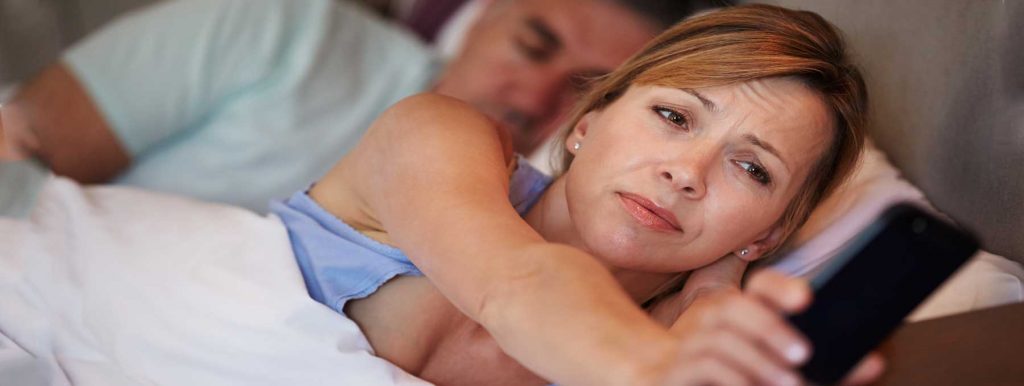Obesity and other metabolic syndromes are the most difficult health disorders to treat. However, new research suggests that resetting sleep cycles may boost metabolism. Obesity has become an epidemic in many developed nations. However, solving the medical problems behind this and other metabolic disorders is more complicated than it seems. While conventional wisdom holds that […]Obesity and other metabolic syndromes are the most difficult health disorders to treat. However, new research suggests that resetting sleep cycles may boost metabolism. Obesity has become an epidemic in many developed nations. However, solving the medical problems behind this and other metabolic disorders is more complicated than it seems. While conventional wisdom holds that [...]
Light Therapy as Effective as Drugs for Treating Major Depression
Hope is restored to the millions that suffer from depression as new research reveals light therapy is highly effective—even more so than Prozac—in treating non-seasonal major depression. According to the World Health Organization (WHO), depression is a common mental disorder that affects an estimated 350 million people globally. It is also the leading cause of disability worldwide. […]Hope is restored to the millions that suffer from depression as new research reveals light therapy is highly effective—even more so than Prozac—in treating non-seasonal major depression. According to the World Health Organization (WHO), depression is a common mental disorder that affects an estimated 350 million people globally. It is also the leading cause of disability worldwide. [...]
The Link Between Circadian Rhythms and Addiction
Studies of drug-seeking behavior in individuals with key gene mutations suggest a link between circadian rhythms and addiction. Dopamine. Serotonin. Melatonin. Most modern people are familiar with these neurotransmitters, which play a role in the function of almost every cell in our body, especially our sleep cycles. These hormones are not only essential to sleep, […]Studies of drug-seeking behavior in individuals with key gene mutations suggest a link between circadian rhythms and addiction. Dopamine. Serotonin. Melatonin. Most modern people are familiar with these neurotransmitters, which play a role in the function of almost every cell in our body, especially our sleep cycles. These hormones are not only essential to sleep, [...]
Newly-Discovered Genes Cause Circadian Rhythms to Change as We Age
Doctors have long noted that circadian rhythms change as we age. New research suggests this is due to the action of previously unknown genes. Most people with elderly relatives have noticed that they live by a different rhythm. Older people tend to be early to bed, early to rise and to nap more throughout the day. […]Doctors have long noted that circadian rhythms change as we age. New research suggests this is due to the action of previously unknown genes. Most people with elderly relatives have noticed that they live by a different rhythm. Older people tend to be early to bed, early to rise and to nap more throughout the day. [...]
Women Sleep Less Than Men, but Need More Sleep
Although they have higher sleep needs than men, women sleep less in general. This can lead to a variety of health consequences. While the wage gap is a hot topic in economics, there is another gender disparity that has been the subject of much discussion in the scientific community: The sleep gap. Women physiologically need […]Although they have higher sleep needs than men, women sleep less in general. This can lead to a variety of health consequences. While the wage gap is a hot topic in economics, there is another gender disparity that has been the subject of much discussion in the scientific community: The sleep gap. Women physiologically need [...]
- « Previous Page
- 1
- …
- 118
- 119
- 120
- 121
- 122
- …
- 137
- Next Page »









